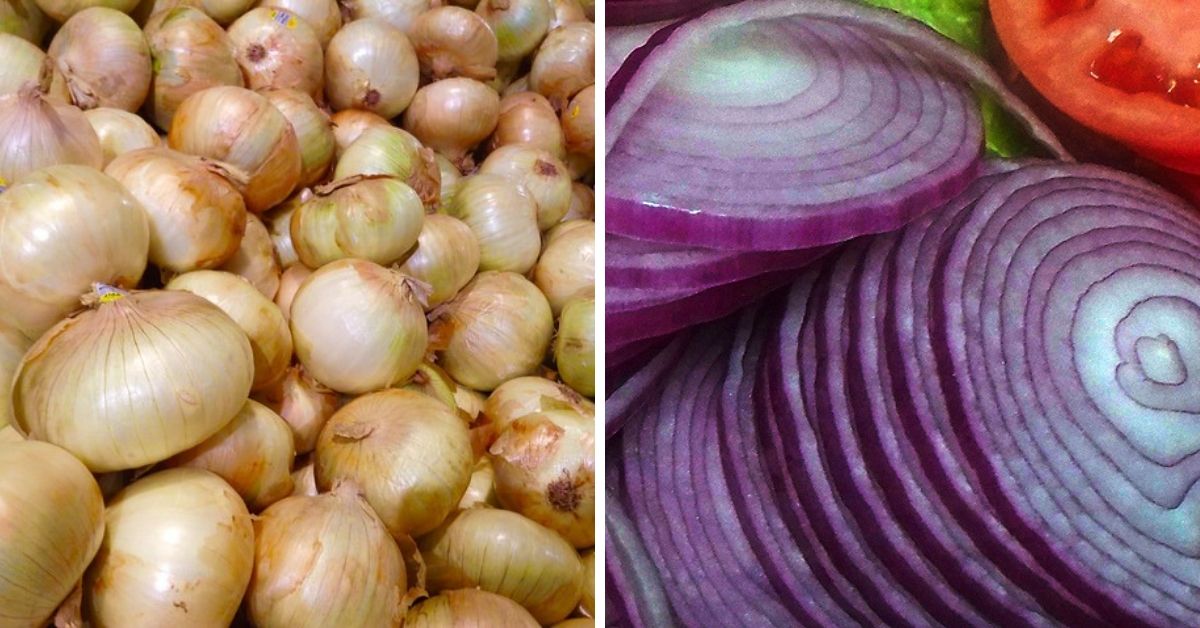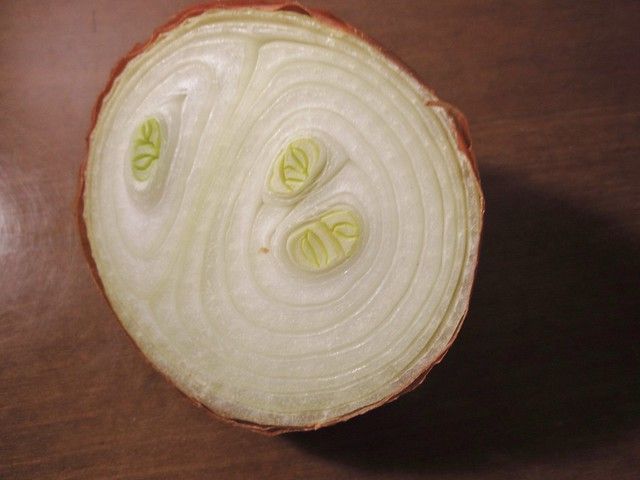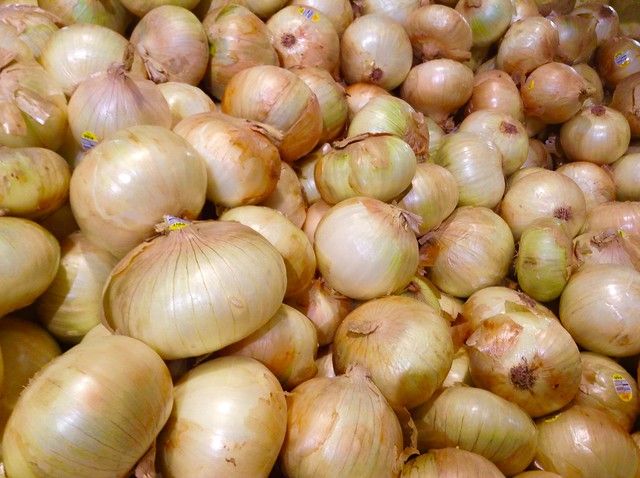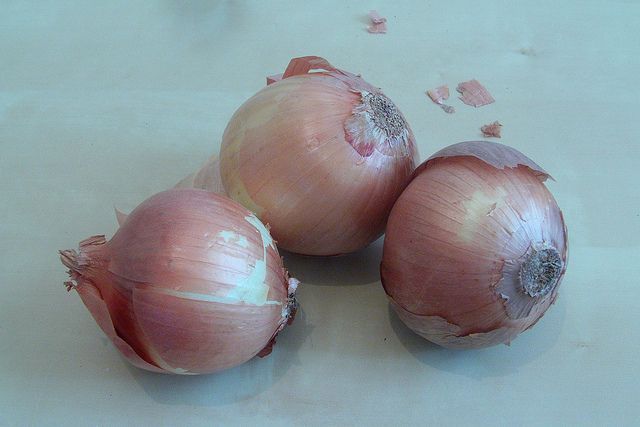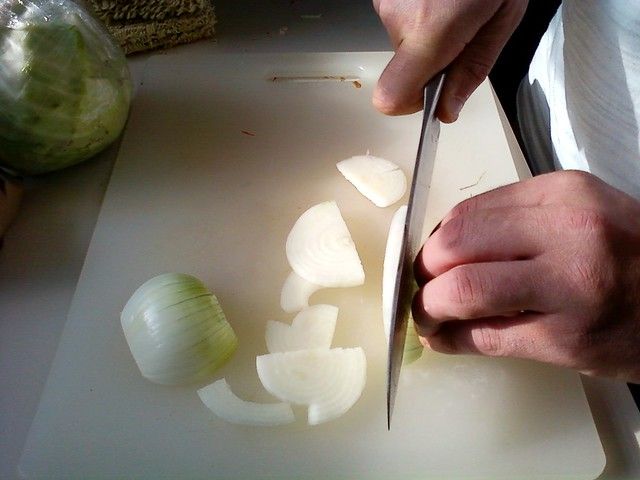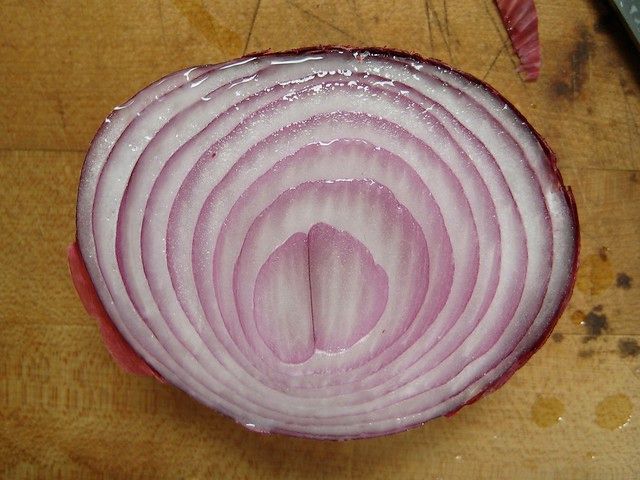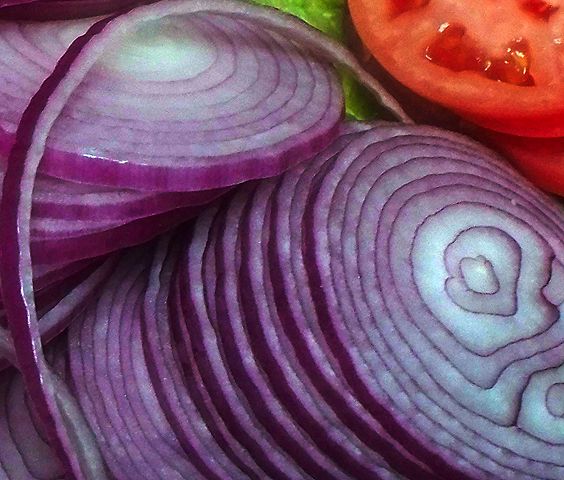If you ask me, onions are one of the most underrated foods on the planet. They're so delicious, and despite what many people think, they add an extra element to basically any dish. The smell of fried onions is one of the best things in the world, and I'm always looking for more was to add them into my dishes.
Thankfully, there are actually health benefits to adding more onions to your food...so excuse me while I head to the grocery store!
1. Boost Your Immune System
Everyone could use a healthier immune system, but pumping our bodies full of medications and pills isn't always the way to go. If you're looking for a way to boost your immune system, go ahead and add in some extra onions to your dinner! Onions contain anti-viral properties, as well as vitamin C, which your body can always use more of.
2. Regulate Your Blood Sugar Levels
People who suffer from higher blood sugar can face a myriad of health issues, and finding natural ways to lower blood sugar can be tricky. Luckily, studies show that onion extract can help reduce blood glucose levels and cholesterol levels when paired with certain anti-diabetic medications. Speak with your doctor if you're pre-diabetic and on medication, but otherwise, add some more onions to your diet as a preventative measure!
3. Get More Nutrients
Think of onions as a multi-vitamin, because it seems like they are. They're packed full of nutrients while being low in calories, which is always a bonus. These are some of the vitamins and nutrients found in onions:
- Vitamin C: helps regulate immune health, tissue repair, and iron absorption
- Vitamins B9 and B6: play roles in metabolism, red blood cell production, nerve function
- Potassium: plays a role in cell function, fluid balance, nerve transmission, kidney function, and muscle contraction
In addition to being delicious, they are absolutely nutritious!
4. Help Your Heart
Onions contain anti-inflammatory properties, which can reduce high blood pressure and protect against blood clots. Plus, the antioxidants in onions can reduce cholesterol levels, which can lower the risk of heart disease.
5. Potentially Fight Cancer
Onions are part of the Allium genus, which have been linked to lowering the risk of certain cancers, such as stomach and colorectal. Studies have shown that those who eat high amount of Allium vegetables are 22% less likely to be diagnosed with these cancers. It's believed that the sulfur compounds and flavonoid antioxidants found in onions are what can prevent these cancers.
Onions also provide onionin A, which is a sulfur-containing compound that studies have shown can decrease tumor development and slow the spread of ovarian and lung cancer in test-tube studies.
6. Help Digestive Health
Gut health is extremely important, which is why onions are such a good food to add to your diet. The vegetable is full of fiber and prebiotics, which are a non-digestible type of fiber that gets broken down by beneficial gut bacteria. When they're broken down, these prebiotics create short-chain fatty acids, which boost your gut health, your immune system, reduce inflammation, and enhance your digestion.
7. Loaded With Antioxidants
Antioxidants help prevent your cells from oxidizing, which can lead to cellular damage and contribute to diseases like cancer, diabetes, and heart disease. Onions contain 25 different varieties of flavonoid antioxidants, which can help your overall health. Specifically, red onions contain anthocyanins, which reduce your risk of heart disease.
8. Help Boost Bone Density
Bone density is often credited to dairy, but foods like onions can also help make sure your bones are strong. The mineral density and antioxidant activities in bones have been proven to improve among women who drank 100ml of onion juice daily for eight weeks versus those who didn't. Studies also showed that older women who eat more onions were less likely to fracture their hip by more than 20% versus those who never ate them.
9. Tons of Biotin
Do you like healthy hair? How about healthy nails and skin? Then eat more onions! Onions contain biotin, which affect all these things. A lack of biotin can cause your hair to fall out, your skin to be dry and scaly, and your nails to be brittle. No one wants that, right?
[H/T: Healthline]
